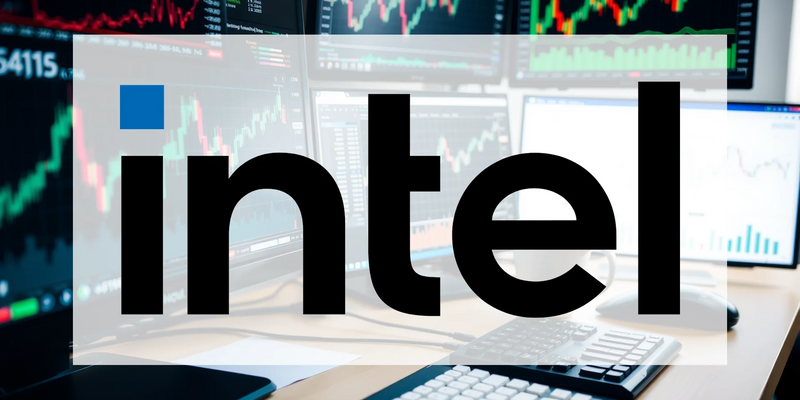Intel’s Leadership Shakeup Amid AI Executive Departure
12.11.2025 - 10:15:04Intel Corporation is undergoing significant organizational changes as the chipmaker confronts the departure of a key artificial intelligence executive to OpenAI. This development comes at a critical juncture for the semiconductor industry, where AI capabilities increasingly determine competitive positioning. In response, Chief Executive Officer Lip-Bu Tan has assumed direct control over several crucial divisions, a move market observers view as both strategic and reactive.
Intel shares concluded Tuesday's trading session with a decline of approximately 1.5%. Although this performance exceeded many AI-focused competitors, the downward trend reflected broader sector weakness. The primary catalyst emerged from SoftBank's complete divestment of its Nvidia holdings, triggering profit-taking across major AI-related equities. This external pressure compounds Intel's internal leadership challenges, creating a dual-front battle for the semiconductor giant.
Trading volume remained subdued, indicating investor uncertainty regarding the company's direction. The combination of executive departures and cooling semiconductor sector sentiment presents substantial hurdles for Intel's recovery efforts.
Should investors sell immediately? Or is it worth buying Intel?
CEO Assumes Direct Control in Strategic Realignment
The unexpected exit of Sachin Katti, previously responsible for technology and artificial intelligence initiatives, to OpenAI has prompted immediate action from Intel's leadership. CEO Lip-Bu Tan will now personally oversee AI and technology operations, an unusual consolidation of responsibility that underscores these divisions' strategic importance.
This reorganization places client, data center, and foundry roadmaps under direct CEO supervision, signaling the urgency of Intel's situation. Market participants are divided on whether this centralized approach demonstrates decisive leadership or organizational desperation. The move raises questions about whether solitary executive control can effectively steer the company through current challenges or if broader structural changes would prove more beneficial.
Intel's response highlights the intensifying competition for AI talent and the strategic premium placed on artificial intelligence capabilities within the semiconductor sector. The company's ability to navigate this transition while maintaining technological competitiveness remains uncertain as industry dynamics continue to evolve rapidly.
Ad
Intel Stock: Buy or Sell?! New Intel Analysis from November 12 delivers the answer:
The latest Intel figures speak for themselves: Urgent action needed for Intel investors. Is it worth buying or should you sell? Find out what to do now in the current free analysis from November 12.
Intel: Buy or sell? Read more here...


